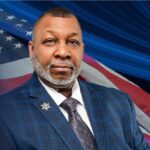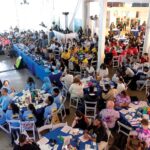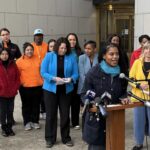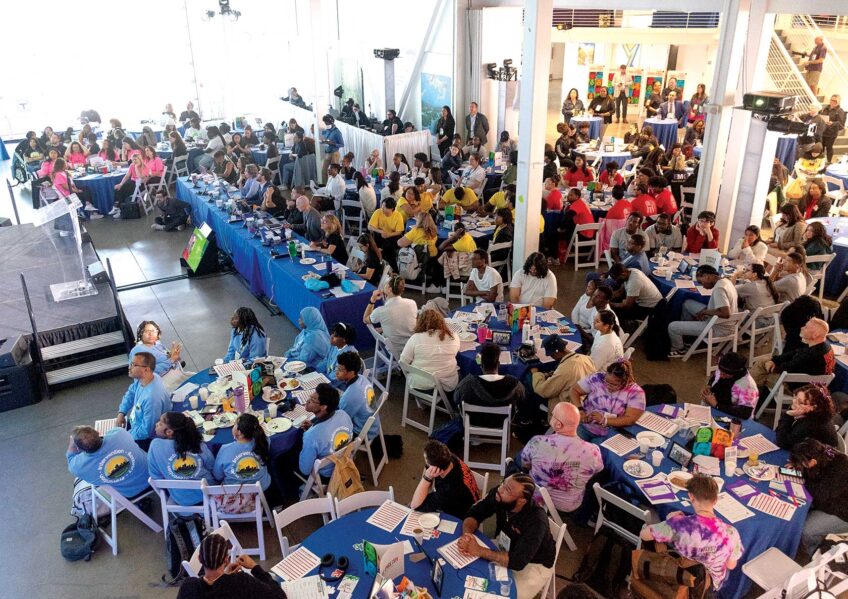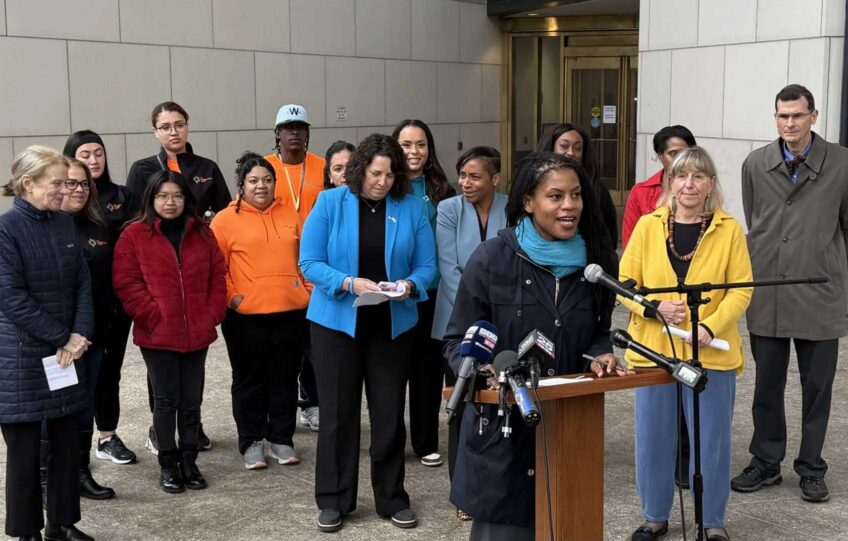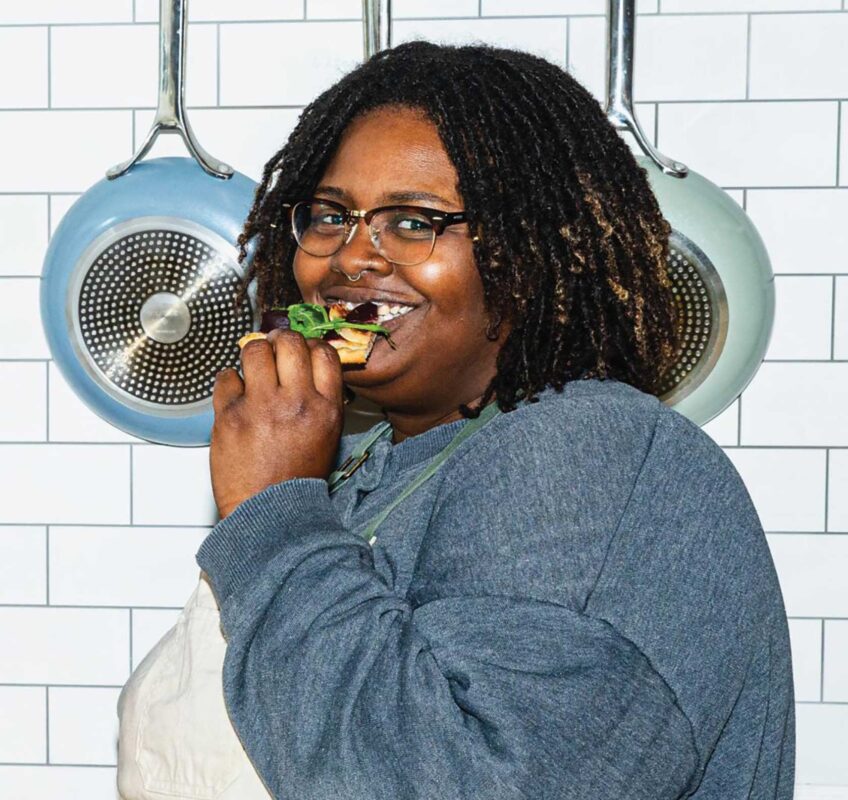Freemasonry is considered by many to be the world’s most well-known secret society. Its membership is a Who’s Who of world history — George Washington, John Hancock, Benjamin Franklin, Winston Churchill, Mozart, Davy Crockett, Franklin Roosevelt and John Wayne among them. However, what is lesser known is that on March 6, 1775 at Castle William Island in Boston Harbor, an Irish soldier initiated a freedman named Prince Hall and a dozen or more black Bostonian men into a lodge of Freemasons. Nearly 10 years later, the Grand Lodge of England issued a charter on September 29, 1784 to African Lodge #459, making them the first people of African descent formally admitted into Freemasonry. Prince Hall would emerge as the leader of this group as they worked together to establish a tradition of African American Freemasonry that has persisted for more than 200 years.
The Museum of African American History presents All Men Free and Brethen: Prince Hall and Black Freemasonry, Thursday, September 10, 2015, 6:30pm at 46 Joy Street on Beacon Hill. Stories about Prince Hall (c.1735 – December 4, 1807), abolitionist, civic leader, caterer, leather-dresser, and founder of what would become the Prince Hall Grand Lodge of Massachusetts, will trace the history of black Freemasons, their relationship to the African Meeting House and their roles as activists, entrepreneurs, soldiers and politicians.
The evening is co-presented by the National Park Service Boston African American National Historic Site, and the Prince Hall Grand Lodge of Massachusetts and features two of its leaders, The Honorable Reuben H. Meade, The Most Worshipful Grand Master, and The Honorable Leslie A. Lewis, The Past Most Worshipful Grand Master. Lewis, who wrote the foreword for “All Men Free and Brethren: Essays on the History of African American Freemasonry,” and the book’s co-editors, Dr. Peter P. Hinks, public historian and teacher, and Dr. Stephen Kantrowitz, Professor of History at the University of Wisconsin-Madison, will present powerful stories of black Freemasons and their impact on the making of America.
Hall rallied to permit black men in the army, championed legal rights for African American citizens, petitioned the Great and General Court of Massachusetts to free all enslaved people and united Boston’s black community to create the first black school organized by black citizens for black children. He started a Back to Africa movement more than 100 years before Marcus Garvey, resulting in Prince Hall Masons joining with others to establish Liberia.
Freemasonry, rich with symbols and rituals, is considered the oldest and largest fraternal organization in the world, which began in medieval Europe as a guild for stonemasons who built castles and cathedrals throughout the Middle Ages. However, the organization, as we know it today, began in the early 18th century in England when the Masons started to accept members not affiliated with the Mason’s craft, referred to as “speculative Masons” or “accepted Masons.” The first grand lodge was created in London in 1717. Freemasonry has developed into a worldwide fraternity emphasizing personal study, self-improvement and social betterment by way of individual involvement and philanthropy.
On March 2, 1784, Prince Hall petitioned the Grand Lodge of England, through a Worshipful Master of a subordinate Lodge in London (William Moody of Brotherly Love Lodge No. 55) for a warrant or charter. Granted on September 29, 1784, the charter was delivered in Boston on April 29, 1787 by Captain James Scott, brother-in-law of John Hancock and master of the Neptune, under its authority African Lodge No. 459 was organized one week later, May 6, 1787. Prince Hall, appointed a Provincial Grand Master in 1791 by His Royal Highness, the Prince of Wales, established African Lodge #459 of Philadelphia on March 22, 1797 and Hiram Lodge #3 in Providence, Rhode Island on June 25, 1797. The African Lodge of Boston became the “Mother Lodge” of the Prince Hall Family. Today, the Prince Hall fraternity has more than 4,500 lodges worldwide, forming 45 independent jurisdictions with a membership of over 300,000 masons.

